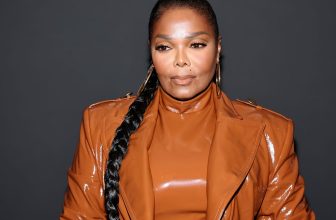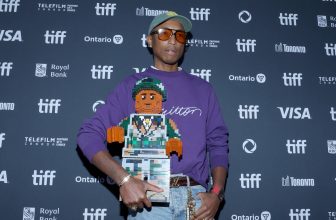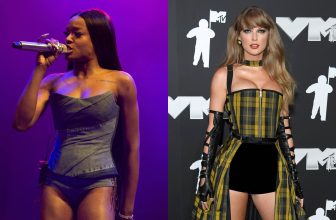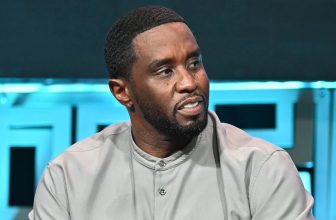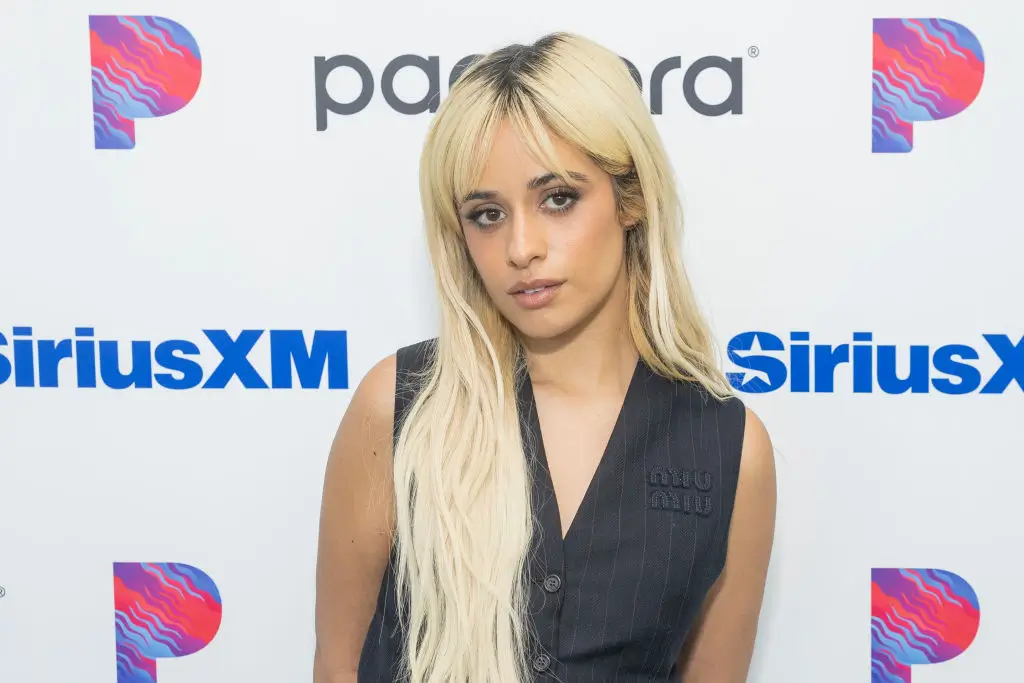
Kendrick Lamar’s “Not Like Us” Track Sparks Controversy
Kendrick Lamar, the Compton rapper, has set the music world on fire with his latest diss track, “Not Like Us,” which quickly rose to the number one spot on the Billboard Hot 100 chart within a week of its release. The song takes aim at fellow rapper Drake, accusing him of cultural appropriation and exploiting the legacy of hip-hop legends for personal gain.
While the track has been a hit with most listeners, there are some who have come to Drake’s defense, including singer Camila Cabello. As a friend and collaborator of Drake, Cabello believes that Lamar’s claims are unfounded, stating that Kendrick doesn’t truly know Drake as a person.
In a recent interview, Cabello expressed frustration at the negative portrayal of Drake in the media, urging people to see him in a different light. She highlighted Drake’s positive qualities and suggested that a face-to-face meeting could change people’s perceptions of him.
However, Cabello’s defense of Drake brought up past allegations of racism against her. Screenshots of old social media posts and tweets resurfaced, showing Cabello using racially offensive language. Despite this, Cabello issued a public apology for her past behavior and acknowledged the hurtful impact of her words.
Following her apology, Cabello engaged in racial healing sessions to educate herself and confront her biases. She emphasized the importance of learning from past mistakes and working towards a more inclusive and understanding future.
Despite her efforts, some fans remain critical of Cabello’s involvement in contentious issues such as Lamar’s feud with Drake. They argue that her history of racism undermines her credibility in such discussions and urge her to stay out of controversial conversations.
As the music industry continues to grapple with issues of race and representation, the controversy surrounding Kendrick Lamar’s “Not Like Us” track serves as a reminder of the importance of addressing cultural appropriation and prejudice in the world of hip-hop. The intersection of music and social issues highlights the need for artists to be accountable for their words and actions, both past, and present.


